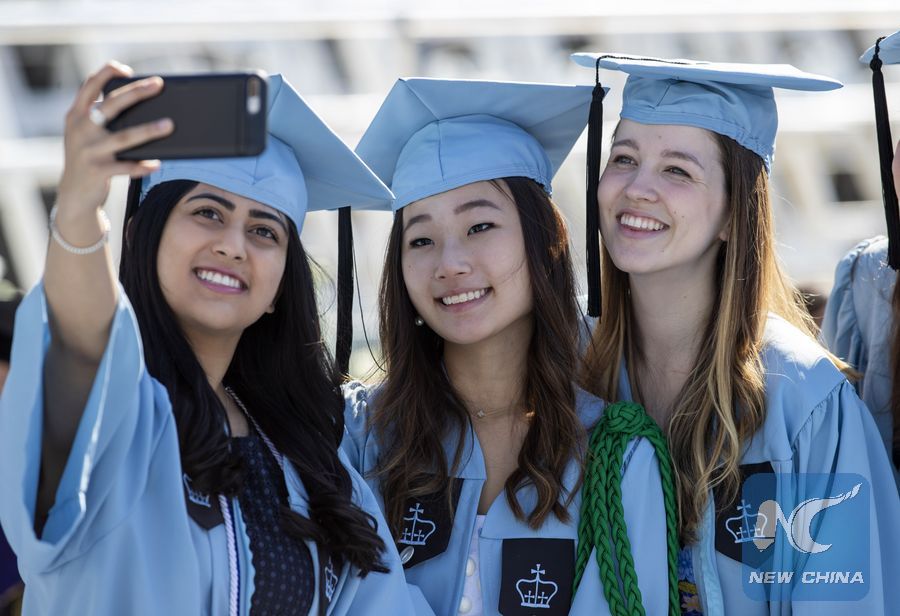President Donald Trump has ignited debate after stating that 600,000 Chinese students should be allowed to come to the United States to attend American universities.
Trump’s statement appears to conflict with his administration’s prior restrictive immigration policies.
The remark, which surfaced during recent public comments, has confused many within Trump’s conservative base, particularly those aligned with the MAGA movement, who had previously supported tighter visa vetting procedures and limits on Chinese student enrollment.
A Shift From Prior Policies
Trump’s second administration has tightened student visa policies, citing concerns over espionage and intellectual property theft. At one point, federal agencies increased scrutiny of Chinese nationals applying for F-1 and J-1 visas, and certain graduate-level STEM fields faced additional barriers.
Trump’s latest comments suggest a potential reversal, signaling a recognition of the significant role that international students play in U.S. higher education and the economy. Many universities rely heavily on tuition from foreign students, particularly from China, which accounts for the largest share of international enrollment in the United States.
Immigration Law Perspective
Immigration attorney LaToya McBean Pompy, in commentary posted to Instagram (@mcbeanimmigrationlaw), noted the legal and policy contradictions in Trump’s statement.
“President Trump has confused and sparked backlash among his conservative base members with a statement that he would allow 600,000 Chinese students into American universities. This appears to be a major shift from previous policies of his administration,” she explained.
She added that while the shift may seem politically inconsistent, it underscores a practical reality: universities need international students to sustain enrollment and revenue.
“When they have those talks behind closed doors, they realize we have to backtrack on these policies,” McBean Pompy commented.
Legal and Policy Implications
Legal scholars point out that while the president can influence visa issuance and foreign student entry through executive policy, Congress retains oversight authority over immigration law.
Past challenges to restrictive visa policies have raised constitutional questions about the scope of presidential discretion in immigration, particularly when national security justifications are invoked.
Universities, meanwhile, face uncertainty as they navigate the shifting political landscape.
The legal status of international students, particularly from China, remains subject to changes in executive orders, visa adjudication standards, and broader U.S.-China relations.

